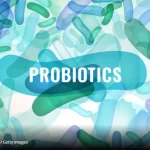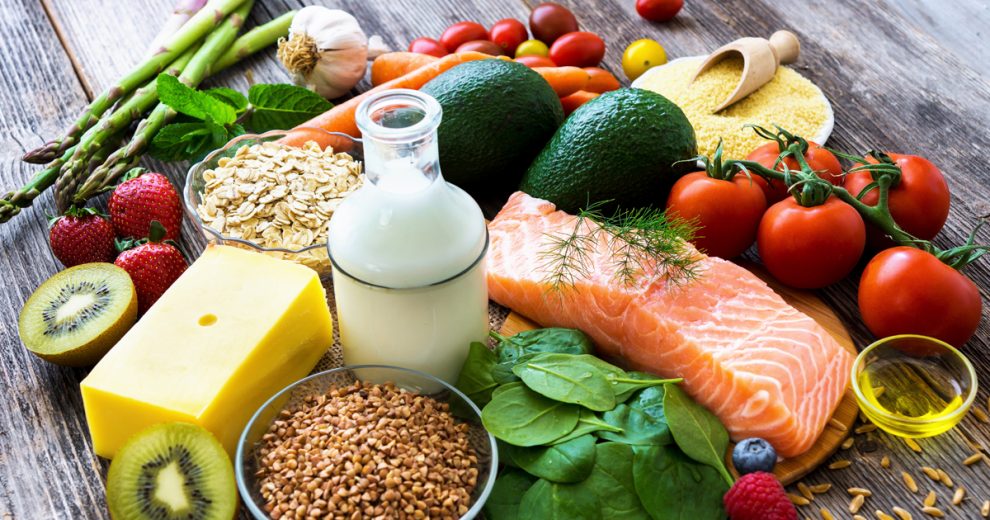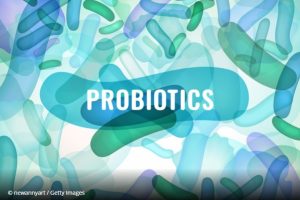Considered one of the most nutritious foods in nature, the egg is an excellent ally of health due to its benefits for the body and mind in all stages of human development. Medical research continues to confirm it year after year as one of the most potent foods on earth.
Present in food since the dawn of humanity, it enriches people’s physical and mental health throughout all stages of life, providing vitamins, minerals, and other essential substances through the most varied preparations.
At World Egg Week, we share the ten keys to why the egg is the best ally for health in childhood, adolescence, adulthood, and old age.
- It has a high vitamin and mineral value. Almost all the nutrients the body needs can be found in the egg. It has 13 essential vitamins and minerals in amounts necessary for the proper functioning of the body. When we consume it, we ingest vitamins A, D, E, and B12 and thiamine, riboflavin, niacin, pantothenic acid, pyridoxine, and folate biotin, calcium, iron, zinc, magnesium, phosphorus, potassium, selenium, and sodium. All these nutrients contribute to physical and mental well-being, reducing the risk of diseases, providing energy, and promoting development.
- It is rich in protein. After the protein of human milk, that egg is the one that our body uses best. The egg covers 10% of the protein recommendations of an adult and 30% of the protein recommendations in children. It is responsible for the production of enzymes, hormones, neurotransmitters, and antibodies. Helps in cell regeneration, development, and maintenance of lean mass (muscles).
- Provides Vitamins B. Thiamine (B1), riboflavin (B2), pyridoxine (B6), folic acid, vitamin B12, biotin. In addition, it incorporates into the body the most expressive of this complex: choline. Choline is essential in pregnancy since, together with folic acid, it participates in the normal development of the unborn baby.
- Provides Vitamin D. The egg is one of the few foods with vitamin D (a fat-soluble vitamin) naturally; it is found in the yolk. Due to its importance in its functions, vitamin D is considered a hormone responsible for calcium deposits in the bones. In addition, vitamin D modulates the response of white blood cells, preventing them from releasing too many inflammatory cytokines. The coronavirus is known to cause an excess of pro-inflammatory cytokines. Therefore, vitamin D could be an essential nutrient due to its role in modulating the immune response and suffering infectious diseases. The egg also has vitamins A, E, K, and antioxidant substances
- Provides Minerals. It provides a wide variety of minerals such as calcium, phosphorus, iron, magnesium, manganese, zinc, copper, and selenium, which are found in eggs and contribute to numerous functions in our body. Another nutrient present in the egg is tryptophan, which acts on serotonin synthesis, contributing to the balance of mood and well-being.
- Reduces the risk of diseases. The egg is rich in carotenoids, zeaxanthin, and lutein, antioxidant substances that intervene in preventing visual conditions such as cataracts and macular disease caused by age. Lutein and zeaxanthin are also present in vegetables such as broccoli and spinach, but the body absorbs these nutrients better when they come from the egg, thanks to the fat present in the yolk.
- Provides unsaturated fats. The egg contains good quality healthy fats, especially of the monounsaturated oleic type, which works by favoring the increase of HDL cholesterol (the “good” cholesterol) in the blood. Contrary to what was previously thought, numerous scientific investigations revealed that egg consumption has no negative impact on increasing levels of LDL cholesterol, the “bad” cholesterol in healthy people.
The health benefits of consuming eggs are remembered in countries worldwide, which celebrate World Egg Day on Friday, October 11, 2019. The egg’s nutritional value is undeniable, as is the fact that it is an excellent quality protein source.
Experts from the International Egg and Nutrition Center (IENC) have identified five reasons to eat eggs:
Eggs are one of the most nutritious foods on the planet and a great source of protein.
A single egg provides six grams of protein and 14 essential nutrients, including vitamins A, B, D, and E, as well as being a source of calcium, selenium, and iodine. Eggs are one of the most nutritious foods available worldwide.
Eggs are suitable for the brain.
Eggs contain choline, a little-known nutrient that plays a vital role in building cell membranes and participates in several vital functions of our body. Eggs are one of the best natural sources of choline. It supports healthy brain development, plays a prominent role in liver function and metabolism, and has been documented to reduce the risk of breast cancer.
Eggs are suitable for the heart.
Several studies have concluded that eating eggs can reduce the risk of heart disease in healthy people. Despite containing cholesterol, eggs contain a high level of good cholesterol (HDL), and research shows that people with higher HDL levels generally have a lower risk of developing heart disease.
Eggs are suitable for the eyes.
Vitamin A deficiency is one of the leading causes of blindness worldwide, and eggs are a great natural source of vitamin A. The yolk also contains powerful antioxidants that can counteract some degenerative processes that affect our vision.
Eggs keep us healthy at any age.
Eggs provide beneficial components for everyone at any age. They provide the nutrients that help the development of the fetus, keep us active and energized throughout the day, and are a healthy source of high-quality protein, which we need at all ages.
Helps fight excess weight. The egg is a whole food to include in weight loss plans because it contains protein and is a satiogenic food. In addition, it is low in calories: it provides only 75 calories per unit. In this way, it decreases the appetite, providing few calories and many nutrients.
It favors the development of the brain. The egg contains choline, an essential nutrient for brain development, memory, and learning. In addition, the lutein contained in the egg is good for vision and has high concentrations in the brain and blood, which is why it has been associated with better cognitive function in adults and older adults. Both nutrients are found in the yolk of the egg.

















Add Comment